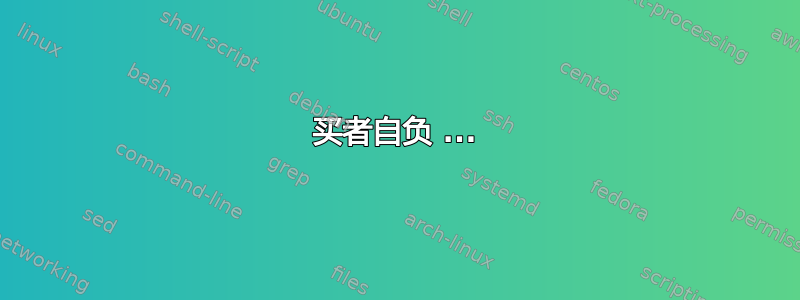
答案1
在我看来,我不应该回答这个问题,因为这只是一个为我做的问题——事实上,为我做这些。
买者自负 ...
以下是使用 Ti 的示例钾Z 的图形绘制算法。需要 LuaTeX。我甚至无法读懂你图片中的大部分内容,但你大概可以,所以你可以根据需要调整示例。参考我上面提到的第 409 页上的示例。
\documentclass[border=10pt]{standalone}
\usepackage{luatex85,tikz}
\usetikzlibrary{graphs,graphdrawing,positioning,quotes}
\usegdlibrary{trees}
\begin{document}
\tikzset{
graphs/my graph/.style={extended binary tree layout, sibling distance=7mm, level distance=7mm, math nodes},
baseline=(current bounding box.center),
}
\tikz{
\graph [grow'=up, my graph]
{
I -- { a -- ab[second] -- aba[second] -- abab -- d/"" , b -- a^{-1}b[second] -- a^{-1}ba[second] -- c/""[second] }
};
}
$\Rightarrow$
\tikz{
\graph [grow'=45, my graph, nodes={circle, draw, inner sep=.5pt}]
{
o/"" --["$b$"] b/"" --["$c$"] c/""[fill, second] -- d/"" -- e/""[fill, second] ;
o/"" --["$a$"'] a/""[fill] --["$a^{-1}$"'] a^{-1}/""[second] -- { f/"" -- h/""[second,fill] , g/""[fill] -- i/""[second] };
};
}
\end{document}
如果存在某种模式,如果我必须画很多相似的树,我会让 Forest 自动绘制它们。如果没有模式,我会让 Forest 自动绘制较少的树。如果我只需要几棵树,我会使用 Forest。
但是网站上有无数的 Forest 示例,包括几个教程风格的答案,因此如果您愿意,可以轻松使用 Forest。





